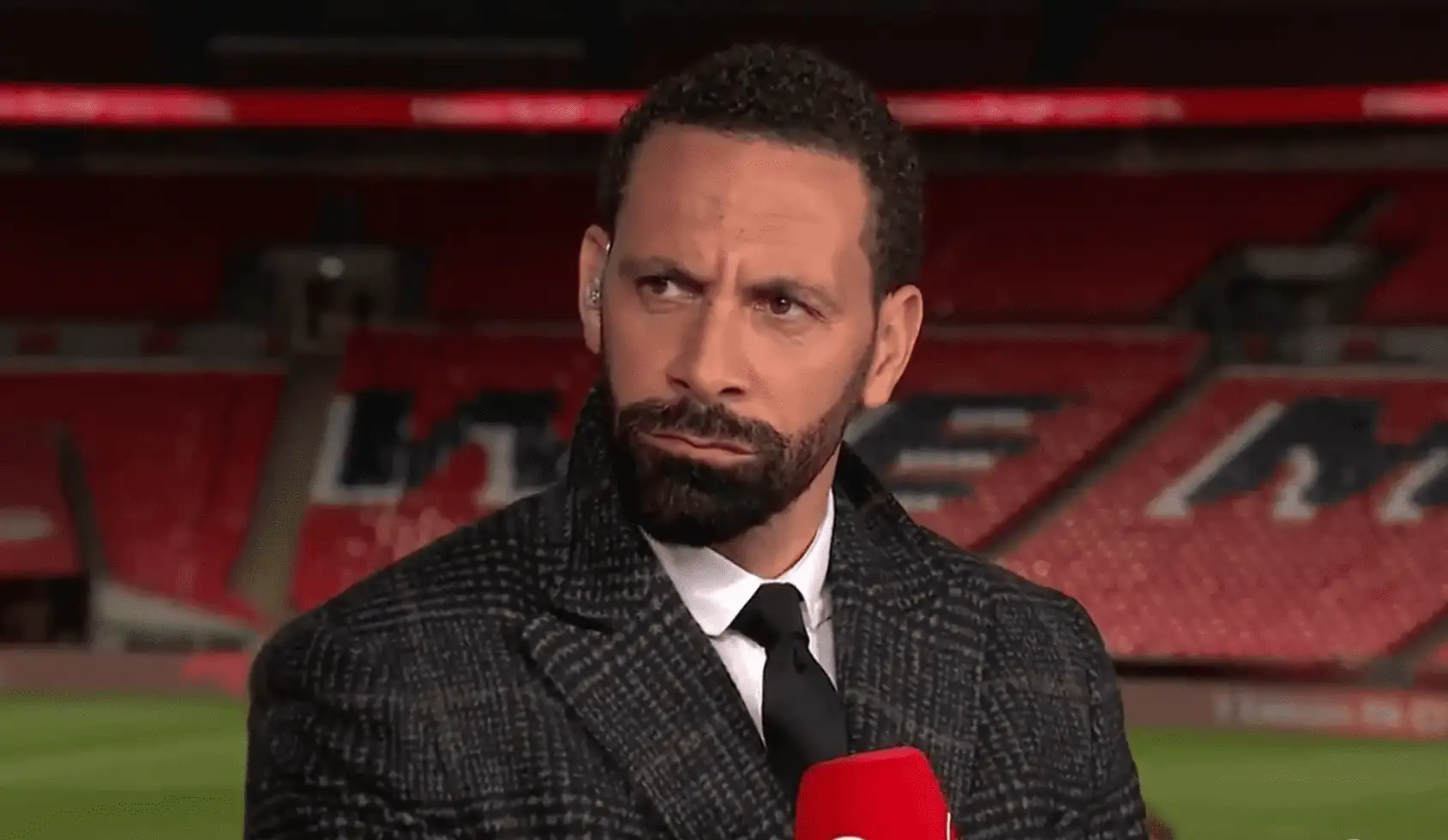YouTube, Twitter, Facebook continue bans over Donald Trump election claims

Election misinformation continues to be a problem on YouTube, Twitter, and Facebook even after all three companies took the unprecedented action to ban or suspend former US President Donald Trump. Now that President Biden is in office, those same platforms have kept pressure on, sustaining the bans and issuing new ones to Trump’s associates and allies. Here are some steps these platforms have taken in the last week to continue to stamp out election misinformation:
YouTube
On January 26th, Rudy Giuliani joined Trump in a slightly less restrictive form of YouTube purgatory. Because the former mayor continued to parrot the same false claims about the “stolen” election, he’s been suspended as a YouTube Partner, cutting him off from partnership ad revenue, subscriptions, and donations. Giuliani can still upload videos as a non-Partner (and YouTube can even monetize them), but he’ll have to wait 30 days before he can reapply, and even then he won’t be approved unless he “resolves the reason for his suspension,” Bloomberg writes. Giuliani has a smaller audience than Trump, but disincentivizing his role as a proxy for the former president and a spreader of misinformation is a good idea. Giuliani hasn’t uploaded a new video in three weeks, which is frankly poor form for an aspiring content creator.
That same day YouTube also decided to extend the suspension of Trump’s accounts, CNET reports. That was the second extension after the company’s previous extension on the 19th. YouTube is continuing to take the fallout from the election week by week after a flurry of action during the week of the Capitol building riot.
Twitter permanently banned Trump from using his @realDonaldTrump account on January 8th, days after the Capitol riot, and now the company is turning its attention to other sources of election misinformation close to the former president. Mike Lindell, the CEO of MyPillow, was banned from Twitter on Monday, according to CNN. Twitter cited Lindell’s violation of its civic integrity policy for the move, which Lindell’s own public comments on the validity of the election and the attack on the Capitol might have violated. Lindell is a Republican donor and pillow mogul whose past comments about the Capitol riot being organized by “leftists groups and antifa” may have also gotten his products dropped from Bed, Bath and Beyond.
Finally, Facebook is still keeping Trump under an indefinite ban from posting on his Facebook page or Instagram account, but the company has announced that it would like its newly formed Oversight Board to review the decision. Making a decision on the ban will be the board’s first major case, but because of the structure and role of the board, the responsibility would still fall to Facebook on whether the ban stays in place.
With every major platform keeping the doors closed on Trump and his associates, the former president is in an interesting position. His next steps as a private citizen are unknown, but being a public figure who thrives financially off reaching an audience, without a way to do so, could prove difficult. As Recode writes, lots of previous right-wing media figures have suffered without access to platforms for driving attention. And alternative social media sites have either been hobbled, like Parler, or just don’t have the same reach (yet) as their mainstream counterparts, like video site Rumble. There’s every possibility that could change or encrypted messaging platforms like Telegram and Signal could somehow become the new way to reach far-right true believers, but for now the game of bans and suspensions continues.
TodayNG
editor's pick
latest video
news via inbox
Nulla turp dis cursus. Integer liberos euismod pretium faucibua




